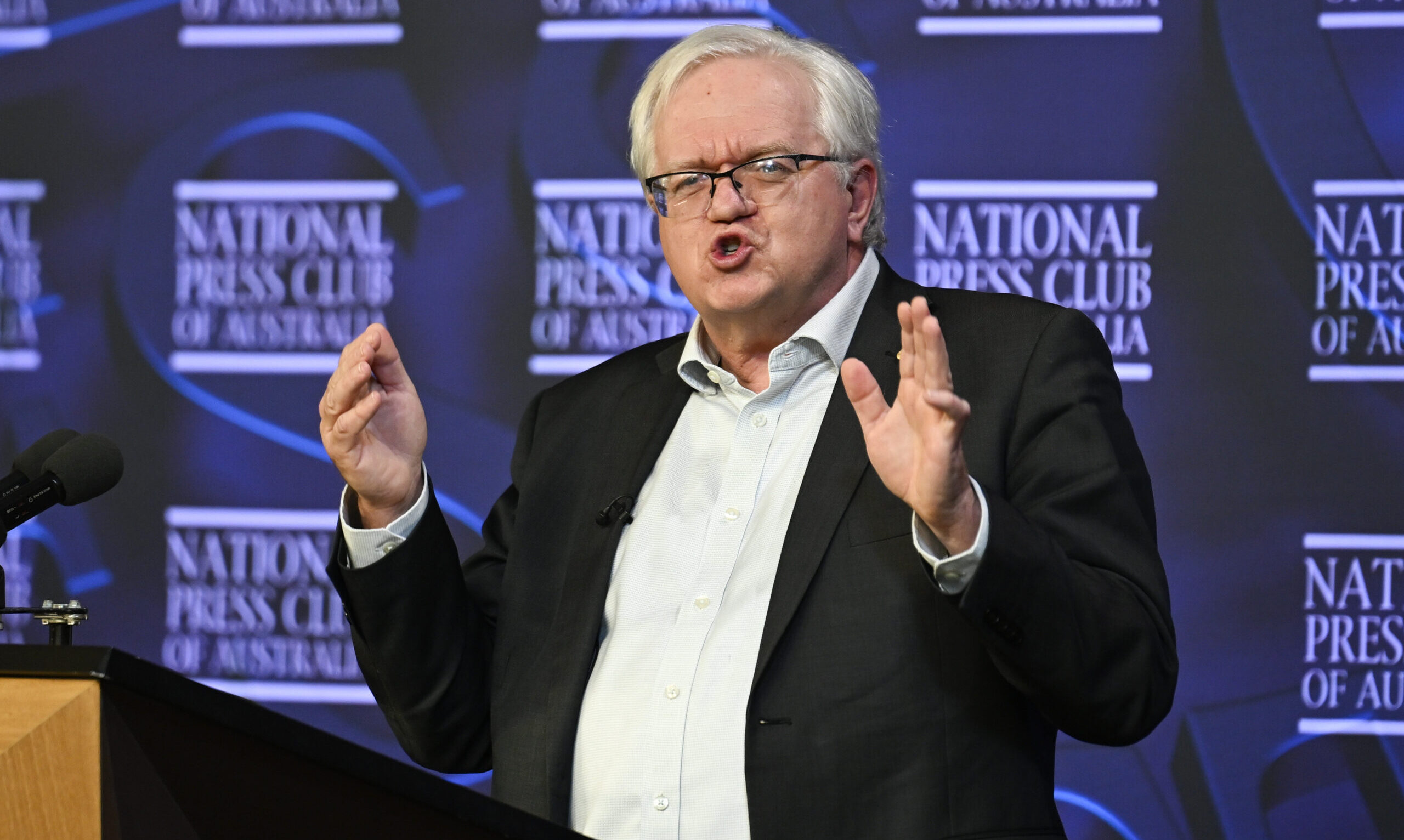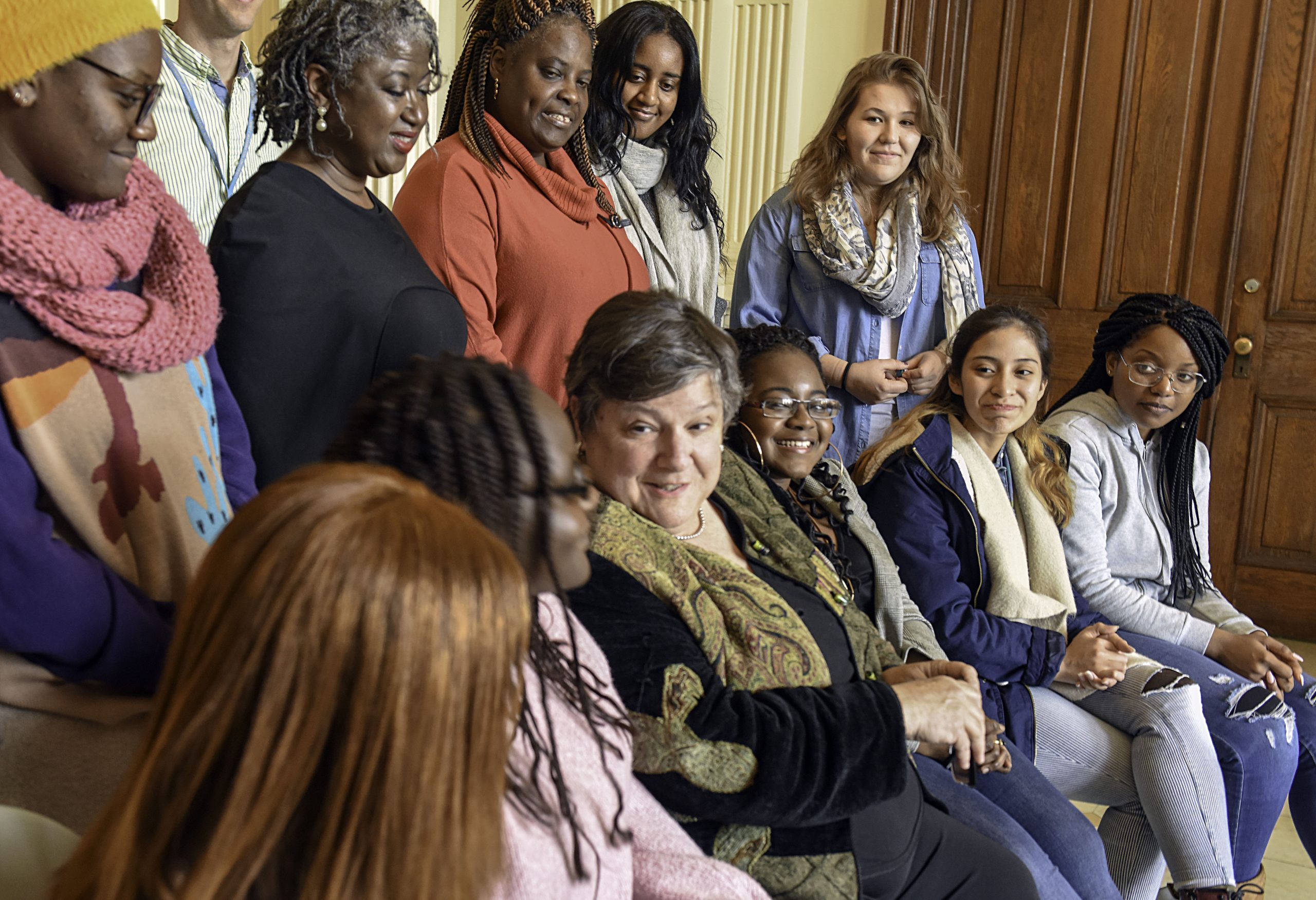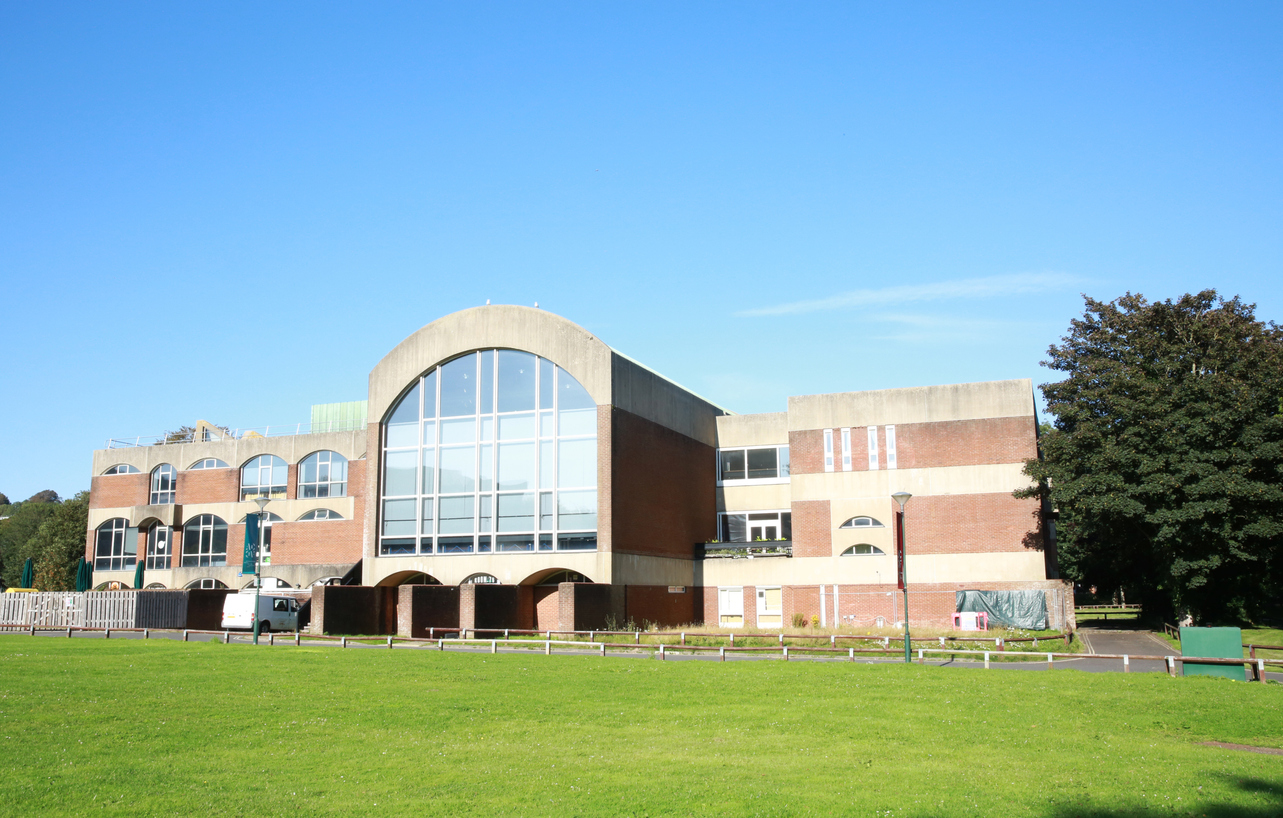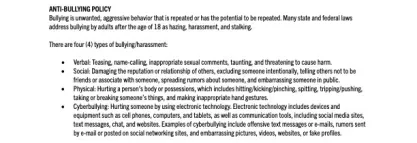Bullying in nursing is a well-documented issue, but less attention has been given to the experiences of nurse educators who face hostility within academic institutions. While nursing education should promote professional growth, collaboration, and mentorship, many nurse educators—especially those in tenure-track positions—experience bullying from colleagues, senior faculty, or administrators. These hostile work environments have profound consequences, leading many talented educators to leave academia entirely or return to clinical practice. The prevalence of academic bullying, its impact on both individuals and institutions and strategies for addressing it must be explored to create healthier academic environments.
The Scope of Bullying in Nursing Academia
Bullying in higher education is a widespread and systemic issue. Keashly and Neuman (2010) found that faculty members in academia frequently experience bullying behaviors, including persistent criticism, professional exclusion, and attempts to damage their reputation. These behaviors often go unaddressed due to power imbalances, hierarchical structures, and institutional tolerance for incivility. Within nursing education, bullying often manifests in ways that undermine an educator’s credibility and professional standing, such as excessive scrutiny of work, withholding of resources, and exclusion from key academic opportunities.
The hierarchical structure of academia places tenure-track faculty at particular risk, as they are vulnerable to unfair evaluation practices, disproportionate workloads, and a lack of mentorship from senior faculty. Levecque et al. (2017) found that faculty in highly demanding positions—such as those pursuing tenure—are at greater risk for mental health challenges, including anxiety, depression, and burnout. When bullying is added to these pressures, the result is often faculty disengagement or attrition.
The Impact on Nurse Educators and Institutions
The consequences of academic bullying extend beyond the individuals directly affected. Nurse educators who experience bullying report increased stress, reduced job satisfaction, and emotional exhaustion (Clark, Olender, Cardoni, & Kenski, 2011). When educators feel unsupported, their ability to mentor students and contribute to nursing scholarship declines, diminishing the overall quality of nursing education.
This loss of faculty members is particularly concerning, given the ongoing nursing faculty shortage. The American Association of Colleges of Nursing (AACN) reports that thousands of qualified nursing applicants are turned away each year due to a lack of faculty. Bullying-induced faculty turnover exacerbates this crisis, forcing institutions to rely on fewer educators to meet growing educational demands. Furthermore, a toxic workplace culture may discourage younger nurse educators from entering academia, perpetuating the shortage and reducing the profession’s ability to educate future nurses.
Addressing Bullying in Nursing Academia
Given the significant impact of academic bullying, institutions must take proactive steps to identify, manage, and prevent these behaviors.
1. Recognizing and Reporting Bullying
Bullying in academia can be subtle, making it difficult to document and report. However, keeping a record of incidents, including dates, interactions, and effects, can provide necessary evidence when seeking support. Educators should familiarize themselves with their institution’s policies and report bullying through appropriate channels, such as human resources or faculty grievance committees.
2. Fostering a Culture of Civility
Clark et al. (2011) emphasize the importance of fostering a culture of civility within nursing education. Institutions should actively promote respect, professionalism, and mentorship while discouraging competitive or exclusionary behaviors. Faculty development programs that focus on conflict resolution, communication skills, and leadership training can help create a more supportive work environment.
3. Strengthening Institutional Policies
Many academic institutions have workplace violence and anti-bullying policies, but these often go unenforced. Keashly and Neuman (2010) highlight that stronger institutional accountability measures—such as anonymous reporting systems, independent faculty ombudsman offices, and clear disciplinary actions—are needed to address bullying effectively. Institutions must not only implement policies but also actively enforce them.
4. Providing Support and Advocacy
Support networks can be a powerful tool in mitigating the effects of bullying. Connecting with trusted colleagues, mentors, or professional organizations, such as the National League for Nursing (NLN) or AACN, can provide emotional and professional support. Faculty experiencing bullying should seek guidance from legal professionals or faculty unions if institutional responses are inadequate.
5. Prioritizing Self-Care and Career Flexibility
For nurse educators facing persistent bullying, self-care and professional reassessment are critical. Seeking therapy or counseling, practicing mindfulness, and engaging in professional development outside of a toxic work environment can help educators protect their mental well-being. If the workplace culture remains unsupportive, transitioning to a different institution or returning to clinical practice may be a viable option.
Conclusion
Bullying among nurse educators in higher education is a serious yet underrecognized issue that negatively impacts both faculty and students. The hierarchical nature of academia and institutional tolerance for incivility often allow bullying to persist unchecked, leading to faculty burnout, decreased student engagement, and an exacerbation of the nursing faculty shortage. Addressing this issue requires individual advocacy, institutional policy changes, and a cultural shift toward civility and mentorship. By recognizing and addressing bullying in nursing academia, institutions can retain skilled educators, improve faculty well-being, and ultimately strengthen the future of nursing education.
Dr. Robert Lucia is a three-time Bradley University graduate, receiving his undergraduate degree in 2008, his master’s in 2011, and his doctorate in 2019. All three of his degrees were from the College of Education and Health Sciences. Dr. Lucia started his career at the Children’s Hospital of Illinois in 2010 as a mental health provider in Pediatric Palliative Care. He worked closely with patients with devastating diagnoses, companioning them through their end-of-life journey. In 2015, he joined the Cystic Fibrosis Clinic at OSF Healthcare as inpatient clinical coordinator. This innovative role was created to help manage the inpatient consult service for cystic fibrosis patients in both the pediatric and adult setting. This unique RN role utilized the full nursing scope of practice, and the work Dr. Lucia did to reduce 30-day readmission rates was published nationally. In 2019, Dr. Lucia moved into clinical practice in OSF OnCall Urgent Care and eventually was the Lead Provider for the region. He has been teaching in higher education in some capacity since 2010. Dr. Lucia continues to maintain clinical practice in a federal qualified primary care clinic, in addition to a pediatric sleep medicine clinic. Dr. Lucia is passionate about health care leadership and has received training at Harvard University in both Foundational Leadership and Remote Leadership. Additionally, he received training from the University of South Florida in Inclusive and Ethical Leadership.
References
Clark, C. M., Olender, L., Cardoni, C., & Kenski, D. (2011). Fostering civility in nursing education and practice: Nurse leader perspectives. Journal of Nursing Administration, 41(7-8), 324-330. Retrieved from https://pubmed.ncbi.nlm.nih.gov/21799364/
Keashly, L., & Neuman, J. H. (2010). Faculty experiences with bullying in higher education: Causes, consequences, and management. Administrative Theory & Praxis, 32(1), 48–70.
Levecque, K., Anseel, F., De Beuckelaer, A., Van der Heyden, J., & Gisle, L. (2017). Work organization and mental health problems in PhD students. Research Policy, 46(4), 868-879.
Roberts, S. J., DeMarco, R., & Griffin, M. (2009). The effect of oppressed group behaviors on the culture of the nursing workplace: A review of the evidence and interventions for change. Journal of Nursing Management, 17(3), 288-293. Retrieved from https://onlinelibrary.wiley.com/doi/10.1111/j.1365-2834.2008.00959.x







